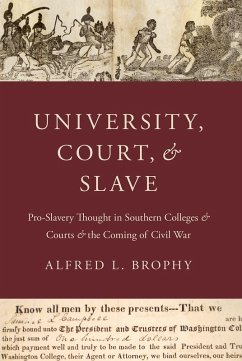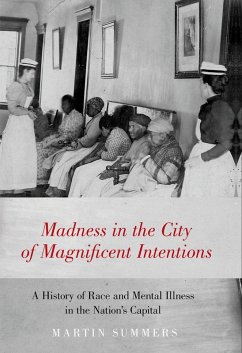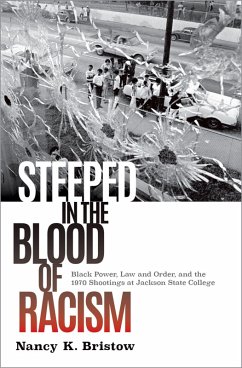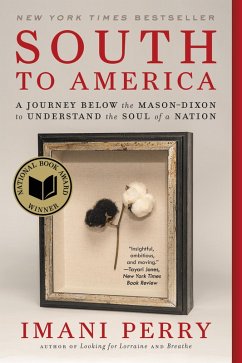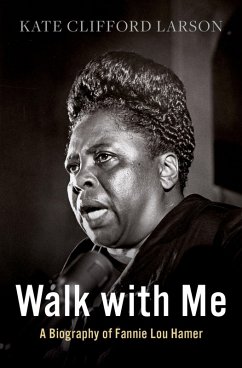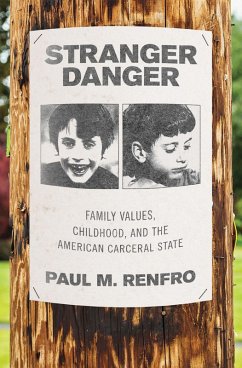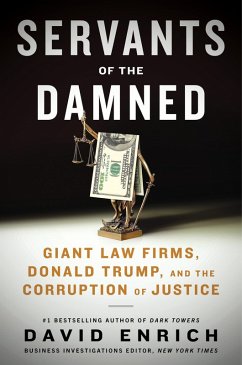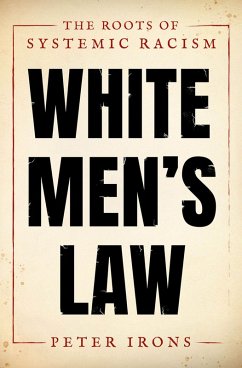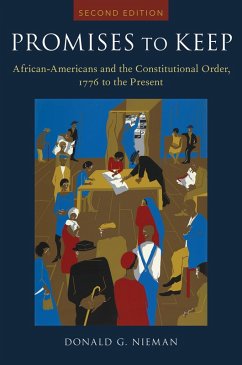
University, Court, and Slave (eBook, ePUB)
Pro-Slavery Thought in Southern Colleges and Courts and the Coming of Civil War
Versandkostenfrei!
Sofort per Download lieferbar
9,95 €
inkl. MwSt.
Weitere Ausgaben:

PAYBACK Punkte
5 °P sammeln!
University, Court, and Slave reveals long-forgotten connections between pre-Civil War southern universities and slavery. Universities and their faculty owned people-sometimes dozens of people-and profited from their labor while many slaves endured physical abuse on campuses. As Alfred L. Brophy shows, southern universities fought the emancipation movement for economic reasons, but used their writings on history, philosophy, and law in an attempt to justify their position and promote their institutions. Indeed, as the antislavery movement gained momentum, southern academics and their allies in ...
University, Court, and Slave reveals long-forgotten connections between pre-Civil War southern universities and slavery. Universities and their faculty owned people-sometimes dozens of people-and profited from their labor while many slaves endured physical abuse on campuses. As Alfred L. Brophy shows, southern universities fought the emancipation movement for economic reasons, but used their writings on history, philosophy, and law in an attempt to justify their position and promote their institutions. Indeed, as the antislavery movement gained momentum, southern academics and their allies in the courts became bolder in their claims. Some went so far as to say that slavery was supported by natural law. The combination of economic reasoning and historical precedent helped shape a southern, pro-slavery jurisprudence. Following Lincoln's November 1860 election, southern academics joined politicians, judges, lawyers, and other leaders in arguing that their economy and society was threatened. Southern jurisprudence led them to believe that any threats to slavery and property justified secession. Bolstered by the courts, academics took their case to the southern public-and ultimately to the battlefield-to defend slavery. A path-breaking and deeply researched history of southern universities' investment in and defense of slavery, University, Court, and Slave will fundamentally transform our understanding of the institutional foundations pro-slavery thought.
Dieser Download kann aus rechtlichen Gründen nur mit Rechnungsadresse in A, B, BG, CY, CZ, D, DK, EW, E, FIN, F, GR, HR, H, IRL, I, LT, L, LR, M, NL, PL, P, R, S, SLO, SK ausgeliefert werden.




